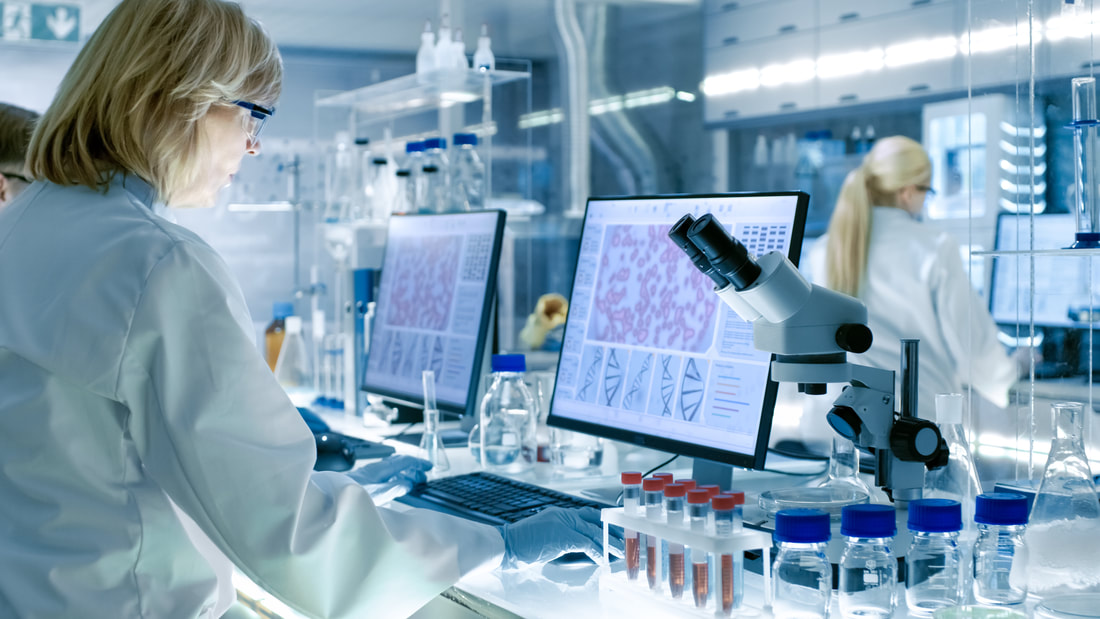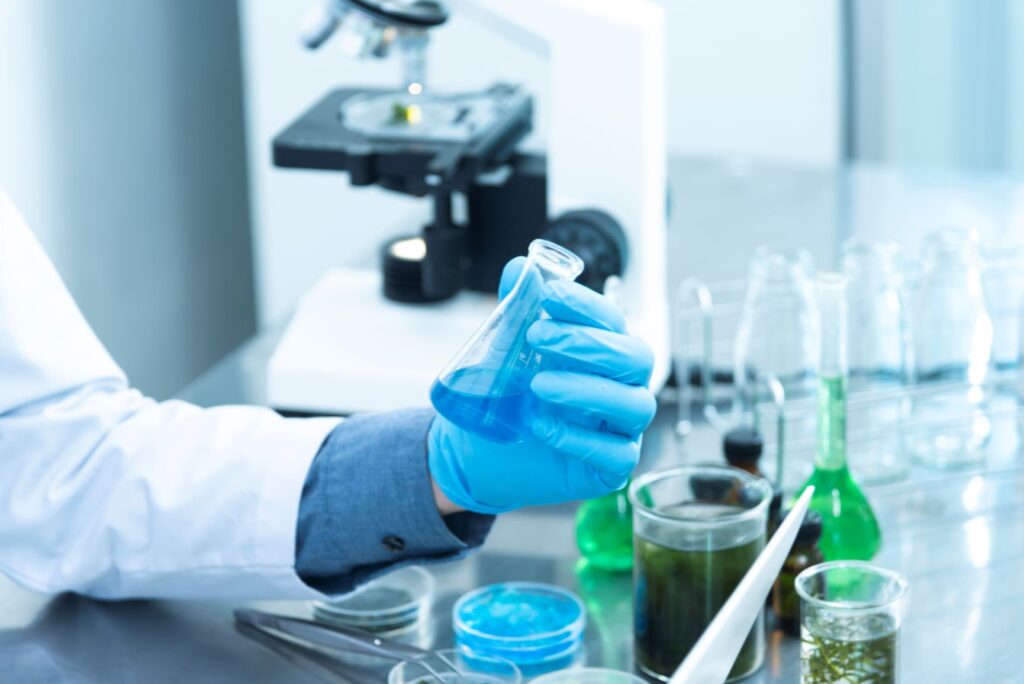Laboratory science is one of the most innovative and progressive fields in healthcare. Hardworking lab scientists spend their careers collecting samples and performing tests in order to identify, analyze and develop treatments for a truly endless scope of viruses and diseases. However, like all healthcare fields, there is always room for improvement.
Lab science is fairly reliant on various types of machinery and has been experiencing some significant leaps forward thanks to applications of various emerging technology. From carefully crafted software to artificial intelligence, there are seemingly no bounds to the innovation of healthcare tech.
Here are some of the top new technology trends in the lab science field that are helping to push the industry into the future.
Voice-Powered “Assistants”
One of the biggest pain points for lab sciences is the disconnect and potential margin of error they experience between conducting tests and recording data. Magdalena Paluch, CEO of smart technology initiative LabTwin, notes: “[laboratory] scientists spend the majority of their time at the lab bench. At the bench, they have no good way to access information, so [we wanted to] enable real-time information documentation and access at the very point of experimentation.”
Described as the world’s first voice-powered digital lab assistant, LabTwin is aiming to change the way lab scientists collect and record data and complete medical reports in real time. LabTwin functions in a similar way to how voice assistants like Siri or Alexa work. Accessible through their mobile phones or computers, lab techs can verbally communicate findings as they happen, saving time and reducing the possibility of data collection error.
Administrative Software
Staying organized needs to be at the top of any lab scientist’s priority list – a disorderly or unequipped lab can lead to mistakes or long wait times for results. However, administrative tasks take time, and can often infringe on time spent doing actual work.
Applications like Trello and Asana do wonders to keep people organized and efficient, so it only makes sense that there should be an option for lab professionals. Administrative software initiative LabFellows is an application designed to keep lab techs organized, by providing solutions for managerial aspects like procurement, inventory, lab compliance and integrations. Being able to perform these operations electronically and from within one application can greatly reduce the time spent on these relatively mundane, but equally important, duties.
According to the company, lab managers can spend hours a day performing admin tasks such as coordinating with vendors and taking inventory, taking time away from actual science. This kind of software aims to lighten the administrative burden that many smaller labs might feel, allowing technicians to focus more on their work.

Robotics
While robotics in the healthcare industry have been around for a few years now, they have really begun to take off recently in the field of laboratory science. In February of this year, a blood-sampling robot designed at Rutgers University in New Jersey was created that performed as well, or even better, than their human counterparts, with a success rate of 87%. The device uses an ultrasound image-guided robot that draws blood from veins, giving it a significant advantage over the human eye.
While primarily used for collecting blood samples now, the machine has potential applications in several other procedures, such as dialysis and IV catheterization. Integrating this kind of technology into the everyday lab could produce faster, more accurate results and allow healthcare professionals to spend more time interacting with patients and providing care.
Artificial Intelligence
Artificial intelligence has become a prominent fixture in many different healthcare fields, and also has many promising applications in the medical lab industry. In fact, according to research company Gartner, over 80% of the world’s medical labs will have AI foundations by next year.
One of the biggest upsides to artificial intelligence is that it brings with it a reduced need for human intervention, which in turn allows healthcare professionals to do more work in less time. Researchers at AI initiative FLEET have developed a fully-automated scanning probe microscopy (SPM) operation, which “bridges the gap between nanoscience, automation and artificial intelligence and firmly establishes the use of machine learning for experimental scientific research”.
Effectively removing the need for human supervision, this new machine can run for multiple days straight on its own, performing tasks like data collection and assessment, all while staying within SPM parameters and configuring to varying experimental conditions.
We are always eager to learn about and share the latest in the world of healthcare tech – and we are also passionate about placing deserving candidates in great jobs! If you are looking for an exciting new opportunity in the field of lab sciences, head to our job board or email us directly at inquiries@radiusstaffingsolutions.com today.











